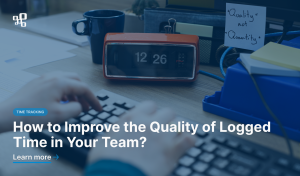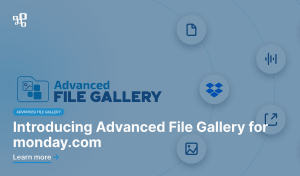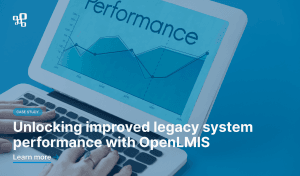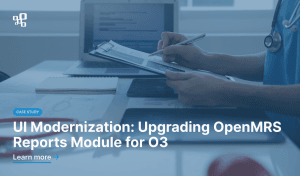Following the implementation of OpenLMIS in Eswatini, SolDevelo has also prepared and conducted workshops for the local teams and end users, empowering them to manage the system and benefit from its functionality.
OpenLMIS in Eswatini
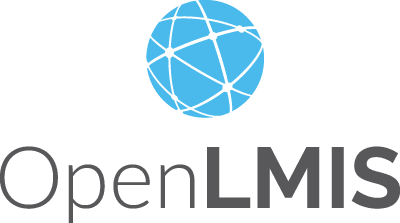



Earlier this year, we partnered with DP World to enhance the usability of OpenLMIS implementation in Eswatini. The purpose of this project is to adjust the solution to the local needs as well as scale it across the country.
We started by conducting an audit and configuration review of the Eswatini instance. Based on the results, we implemented various improvements, and took on the responsibility of continuous support and maintenance of OpenLMIS within the country.
SolDevelo workshops
To fully equip Eswatini teams and end users with knowledge and experience necessary to confidently operate OpenLMIS on a daily basis, we’ve also prepared an online training conducted by Aleksandra Ciesińska, the project’s frontend developer.
Workshops consisted of two parts – Training of Trainers (administrator training) and General Overview (end user training). Training took place on both laptops and iPads, demonstrating the accessibility of the system on various devices.
Training of Trainers
It took place on the 29th-30th of October 2024, with sessions lasting 8 and 4 hours respectively. The purpose of this workshop was to train the administrators of the system in Eswatini, empowering them to manage the basic system functionalities and operations, so that they can later share this knowledge with other local specialists. The workshop was attended by around 27 participants.

We explored a variety of topics to enhance the effective management of different aspects of the OpenLMIS system, with a particular focus on managing user permissions and ensuring the accurate use of key functionalities. We’ve discussed the following topics:
- User management (creating and managing users, rights, roles and role types),
- System configuration (geographic hierarchy, programs, facilities, products, requisition configuration),
- Data management.
Each topic began with a short introduction on our part, followed by the exercises we’ve prepared for the participants. The resources included step by step instructions on how to achieve specific objectives within the system. We monitored the participants’ progress by viewing the incoming data in the system.
General Overview
The third day of our workshops (31st of October) was dedicated to the end users, and attended by around 40 participants.

This workshop aimed at guiding people who will use OpenLMIS in their daily jobs through the system’s crucial functionalities and processes. The two main areas of focus were stock management and requisition.
Here, too, we provided a theoretical introduction combined with exercises for the participants. Each of them had their own account created in a test facility, where they could try out managing a warehouse, or go through a requisition process and see for themselves how the application works.
Participants’ feedback
We successfully wrapped up the three days of training, providing Eswatini teams with both administrator- and user-focused knowledge, and guided them through the system. After the workshops were over, we gathered participants’ feedback and prepared a plan for our next steps.
The training was an overall success, although the first two days were marked with internet connectivity issues, resolved on the third day. While this technical problem lowered the experience, it didn’t affect the effectiveness of the training, since all participants had access to PDF documents containing needed information and exercises. The participants found the workshops straightforward and easy to follow, and appreciated our readiness to answer their questions.
Thank you to everyone who participated, and made these workshops possible!




